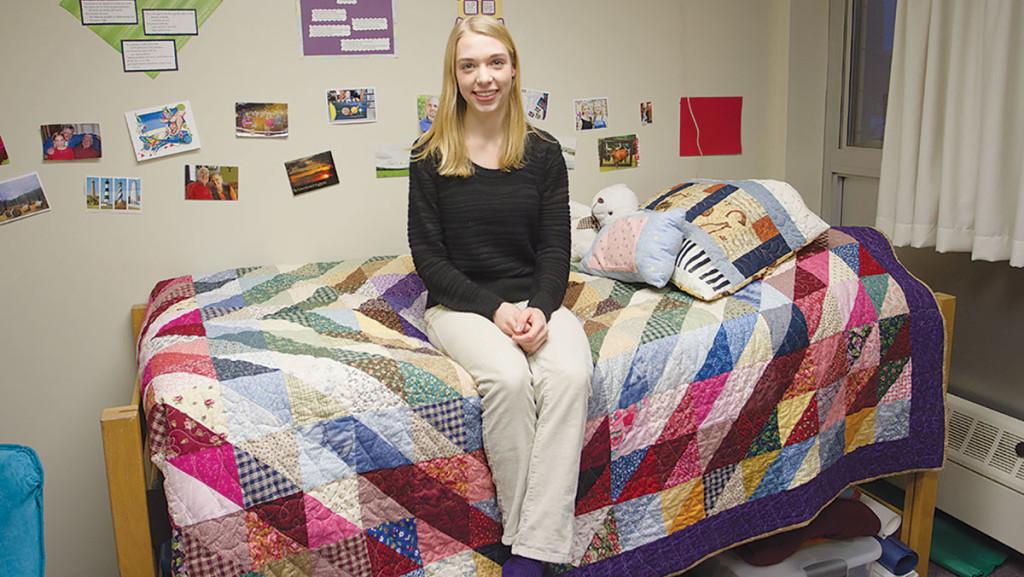At some point in their lives, human beings have to answer questions such as: “Are there moral absolutes?” “How do I decide what is most important to me?” “What is the ultimate meaning in my life, or for after my life?” “What do I believe about faith in God or religion?” For many young adults, college is the first arena that grants them the freedom to explore what they believe about these key questions of life. Many students may have expectations or duties that they fulfilled while living at home, but upon entering college they experience the novelty of greater independence and the freedom to form their own opinions in these areas.
While college students need these meaningful conversations for their own identity formation, an even more crucial reason for these discussions is for students to learn how to be global citizens in the midst of religious tensions. As the Chapel Hill shooting and other recent world events testify, religious conflict is not even close to being eradicated as a significant concern. Today’s students will have to eventually live as responsible and informed citizens in the world, which will inevitably include responding to and persevering to resolve religious injustices. Colleges and universities should prepare students for this broader involvement with the world, rather than just a narrow field of employment.
Consequently, colleges should create spaces for students to engage in dialogue about their faith, their worldviews and how they understand meaning and purpose in their lives. While Ithaca College may seem to be an environment that encourages these discussions that are so vital to identity, perspectives and everyday choices, many students never have such conversations. Currently, there are just a few established spaces for open dialogue, including the limited number of classes in the philosophy and religious studies department and a small group of students who participate in weekly Interfaith Council meetings.
Admittedly, students don’t necessarily need established spaces for meaningful conversations because these topics can arise in casual settings. However, even though this campus can be a very accepting environment, many students may not feel comfortable sharing their beliefs or questioning their beliefs if there isn’t an established space for them to do so. Therefore, the new Interfaith Residential Learning Community that is beginning in the 2015–16 school year will be meeting a vital need in the campus community. This community will be located on the second floor of Terrace 5 and will provide an open environment for students to engage in discussions about faith, worldview and finding meaning in life. Community events may include having regular topical discussions, attending chapel services or inviting professors or chaplains to lead an informational session. Any student who is interested in engaging in discussions about belief and worldview is welcome, whether they already have strong beliefs in a certain religious system, or if they have no opinions formed at all.
While the majority of students on campus will not be a part of this community next year, each person can make a difference by being bold enough to intentionally discuss the issues surrounding faith and religion. Each conversation can impact individuals’ growth and identity as well as worldwide progress toward religious understanding, freedom and peace.
Marci Rose is a sophomore music performance education major. Email her at [email protected].














